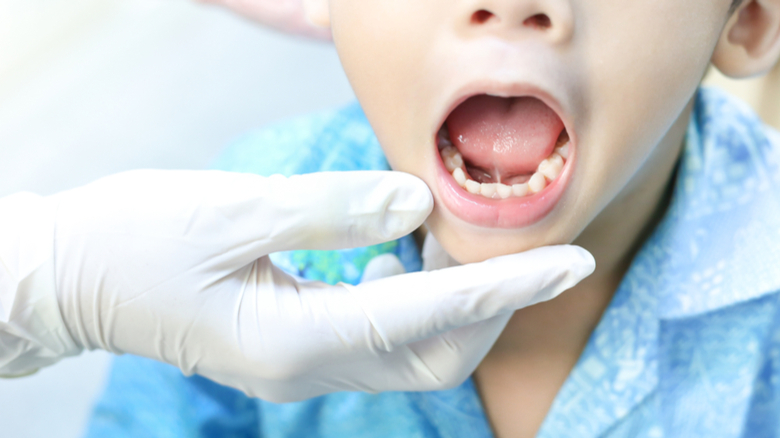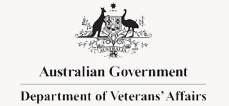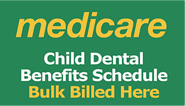- New Patient Special for $150
- Terms and Conditions Apply
- Learn More!

When attending a routine check-up, you may have found yourself wondering why your dentist performs a quick check of your tongue. This is because the tongue provides important clues as to the state of your overall dental and general health. By checking the tongue, your dentist is able to identify any areas of concern and propose appropriate treatments to help you maintain optimal oral health. Below, we will share some of the top signs and symptoms dentists are looking for when checking your tongue.
What are Dentists Looking for When Checking the Tongue?
Like most people, you probably don’t spend much time thinking about your tongue. It plays an important role in our ability to speak, chew, swallow and taste but it is easy to take it for granted. Preventive dental care is a practice aimed at reducing your risk of major dental issues by maintaining good oral hygiene and attending routine examinations. Your dentist examines your tongue to rule out the presence of abnormal growths, infection or nutritional deficiency which may adversely impact your oral and general health. If anything is detected, an appropriate treatment plan will be formulated.
Some common signs and symptoms which dentists look for when doing a tongue examination include:
1. White Spots
White spots on the tongue can be an indicator for leukoplakia, oral thrush or canker sores. You may also develop a white coating over the tongue, which is caused by excess bacteria within the mouth. A healthy human tongue should appear pink, with only small bumps (papillae) along the upper surface. If you notice any white sores or coating, you should schedule a consultation with your dentist immediately.
2. Red Bumps/Sores
People can develop canker sores around the tongue for a wide range of reasons. Sometimes they are caused by allergies to a particular food, but more commonly they develop as a result of injury or due to diseases/disorders such as celiac disease, immune deficiencies, cancer and inflammatory bowel disease. Any abnormal bumps which fail to clear should be seen to immediately.
3. Hairy Texture
Having an excess amount of dead skin cells and bacteria around the mouth can result in a temporary condition known as black hairy tongue. The tongue takes on a dark and “furry” appearance as the dead skin cells accumulate on top of the papillae. Tongue discolouration will be visible, and you may also experience bad breath and/or a metallic taste in the mouth. This condition is most common amongst smokers and people taking antibiotics or prescription medications. It will usually clear up within 1-2 weeks, providing you maintain good oral hygiene practices which include using a tongue scraper.
4. Oral Cancer
People of all ages can experience oral cancer, although rates are highest amongst those with a history of heavy alcohol and tobacco consumption. This is the primary reason why dentist check your tongue. Symptoms of oral cancer can show up around the surface of the tongue, usually in the form of cuts, ulcers or scabs which fail to heal and may bleed when touched. Early treatment is vital, so you should not delay seeking treatment if you notice any sudden or abnormal changes around your mouth.
Time for a Check-Up? Visit Central Brunswick Dental Care Today
Checking the tongue is an important part of a routine oral examination. Attending regular dental visits will help in ensuring you maintain optimal oral health all year round. If you’re due for a check-up, please call Central Brunswick Dental Care today on (07) 3216 1100 to book an appointment. We look forward to seeing you soon.






Fill in the form and our friendly team will be in touch with you monumentarily
Sed ut perspiciatis unde omnis iste natus error sit voluptatem accusantium dolor emquesit voluptatem laudantiu.
Dr Jacky is extremely knowledgeable around teeth and gum health ! Extremely professional and makes you feel comfortable and makes you laugh . Lauren, the dental nurse, is also all above! I'm so happy ... Read More
Highly recommended Dr.Jacky. He is very caring and skillful during the filling process since I have been very nervous with “dentist”. After the work done and the next day I don’t feel any pain o... Read More
I have been going here for several years and so now does my family of all ages. We all use the different dentists and are all happy. I use Dr Jacky who is very professional, honest, caring and most ... Read More
BEST DENTIST IN BRISBANE! Had two fillings today, Dr Jacky is so attention to detail , very kind and generous! Will definitely look after my teeth 🦷 🦷
Simply the best and most comfortable procedures I’ve ever had. I always feel welcome and relaxed in the hands of Bryce and Lauren in this cooly designed , simple yet highly professional clinic. Alwa... Read More
